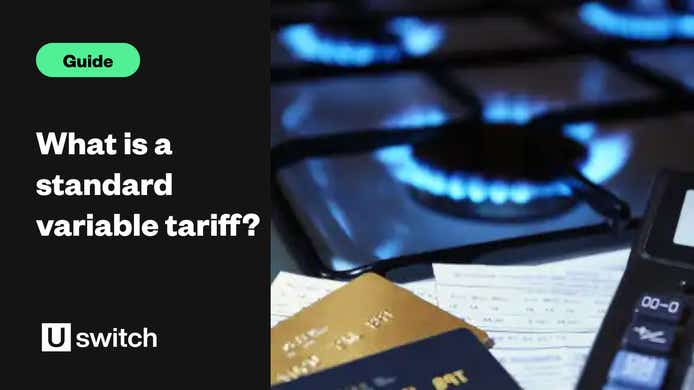This news was widely expected as wholesale energy prices remain extremely high, but this won't soften the blow to the millions of people affected by it. The new level constitutes an 80% increase from the previous level of £1,971, which was itself a record increase. The price cap level has now risen four times in a row.
The energy price cap was introduced in January 2019 and sets the maximum price energy suppliers can charge per unit for their standard variable or default tariffs. The cap was formerly reviewed twice a year in February and August, with the new rates coming into effect in April and October, but will now be reviewed in January, April, July and October as Ofgem hopes any fall in wholesale prices can be quickly passed on to customers.
Richard Neudegg, director of regulation at Uswitch.com, comments: “Here is the signal that the summer holidays are over. After seemingly endless predictions, the true magnitude of the October energy price cap is now clear.
“Ofgem has rubber-stamped the letters from suppliers that will now start landing on millions of doorsteps informing customers of exactly how much they’ll need to pay for their energy as we go into winter.
“Households will face average monthly charges of £362 based on expected usage - almost three times more than the same period in 2021.
“Even after the £66 monthly discount currently on the table from the Government, families will need to find on average an extra £169 per month compared to last year, when many household budgets are already maxed out.
“The energy crisis we face this winter must never be allowed to happen again. This is a failure of the wholesale market and, until that is resolved, we won’t have a long-term solution.
“The Government has made it clear that it will not intervene further until a new Prime Minister is confirmed. As concerning as this is, there does seem to be consensus that more support will be made available, but it remains to be seen if it will be enough.
“Until the Government acts, which we expect will be in the coming weeks, consumers are being held in a cost-of-living limbo.”
What can customers do?
These prices rises will be alarming for many, but there is some help already out there.
If you're struggling with your energy bills already, contact your supplier as soon as possible so they can work with you to manage your payments.
Various cost of living relief payments are being allocated between now and the rest of the year, including a £400 discount on energy bills that all electricity customers will receive.
There are also several ongoing schemes such as the Warm Home Discount that can provide some respite. Find out which schemes and payments you could be eligible for here.
There are also a number of organisations that can provide advice and help when it comes to energy debt - you can find a list here.
Finally, it's worth remembering that prices go up in October, not today - so if there are steps you haven't yet taken, there's time to do so.




